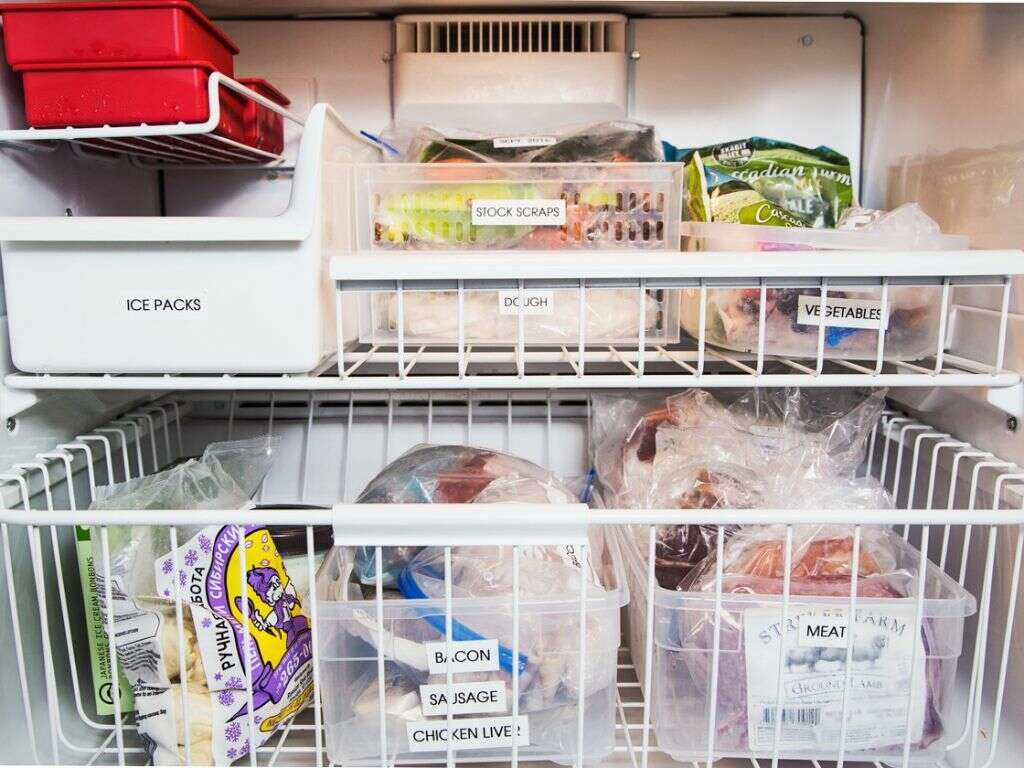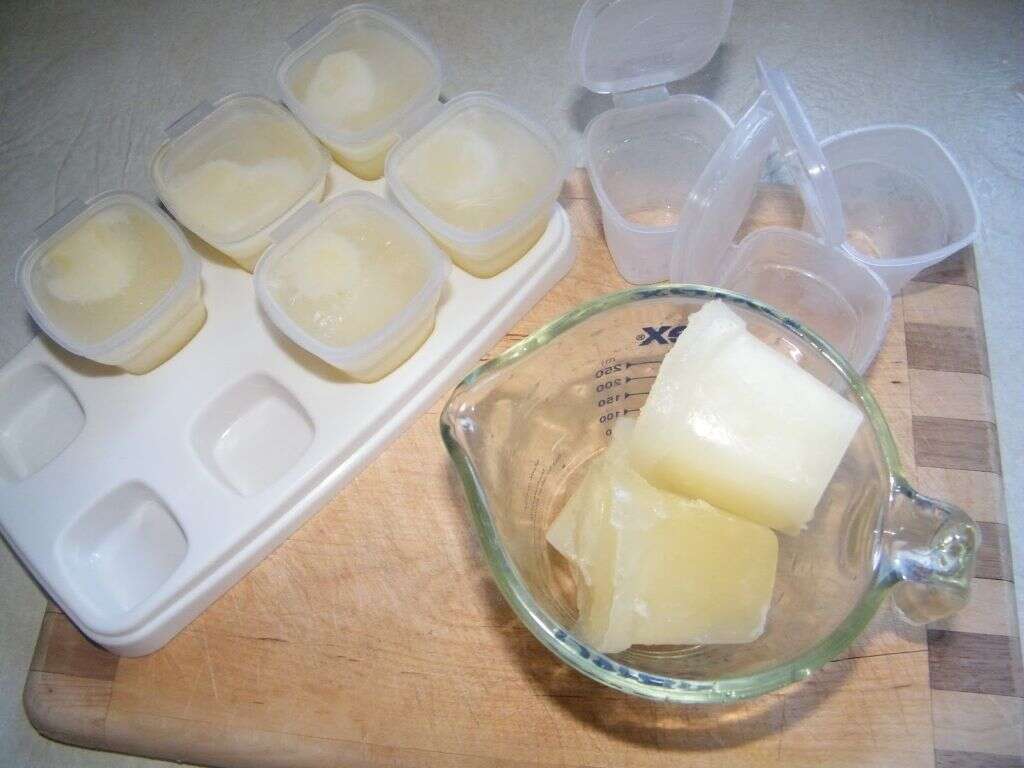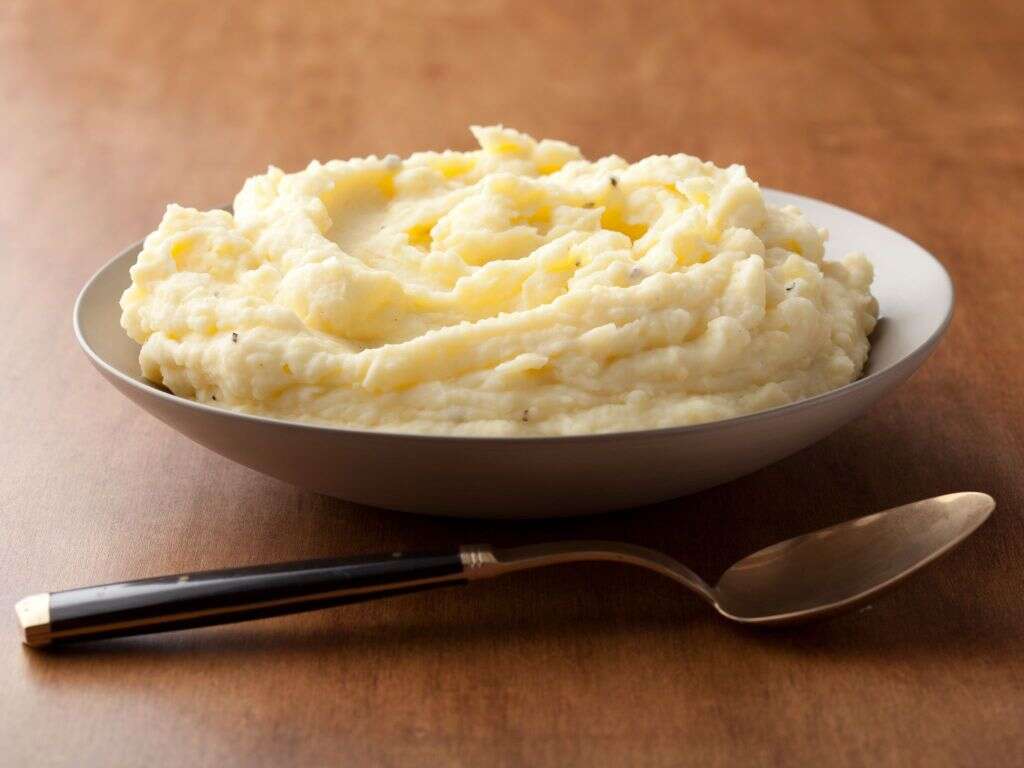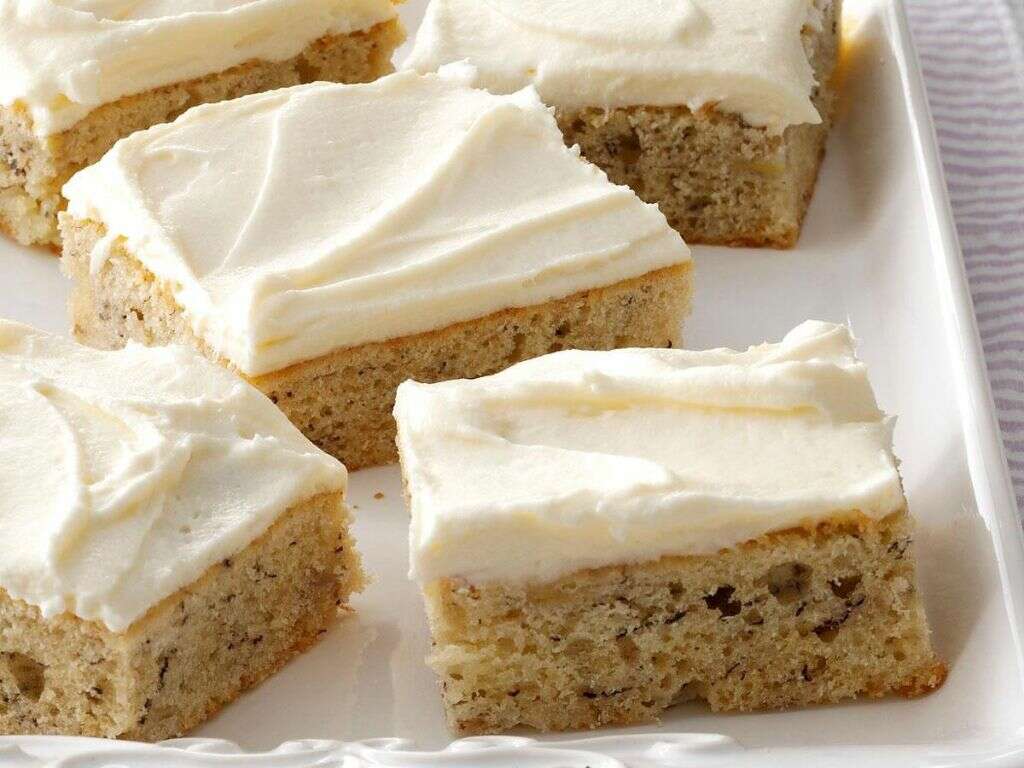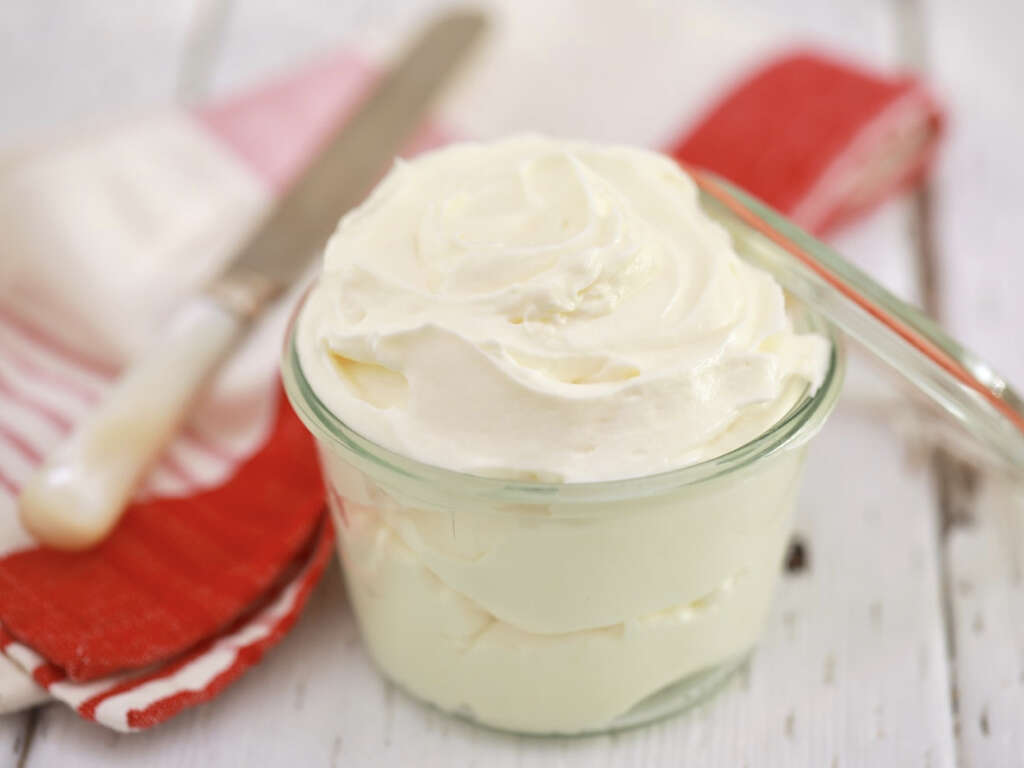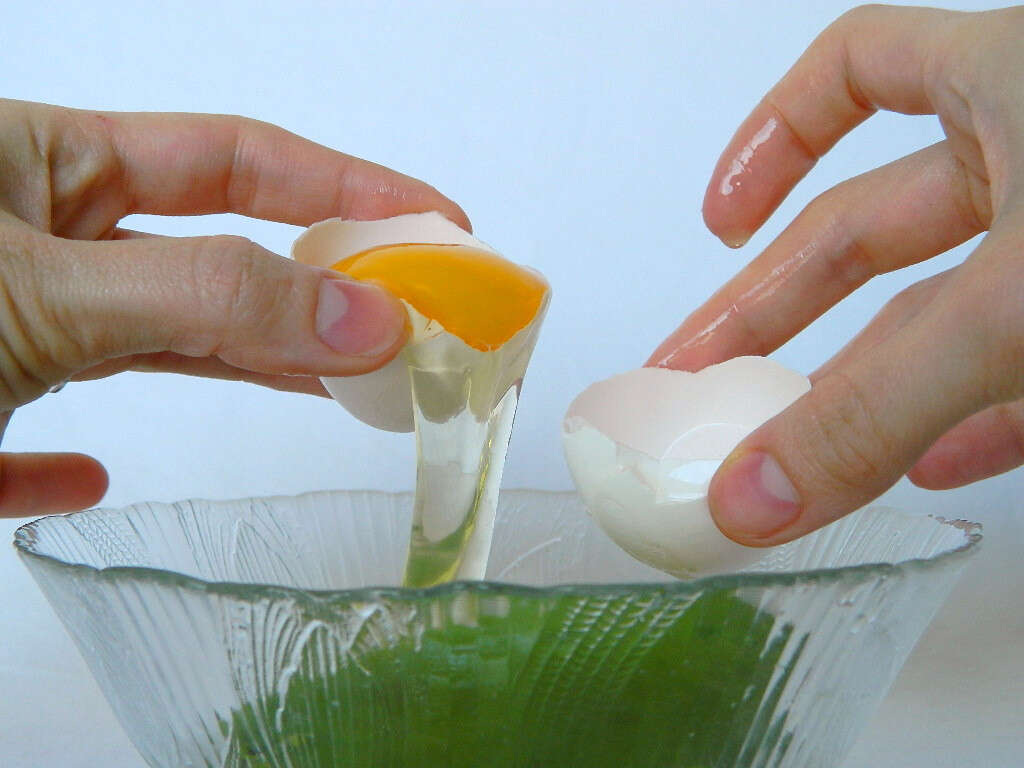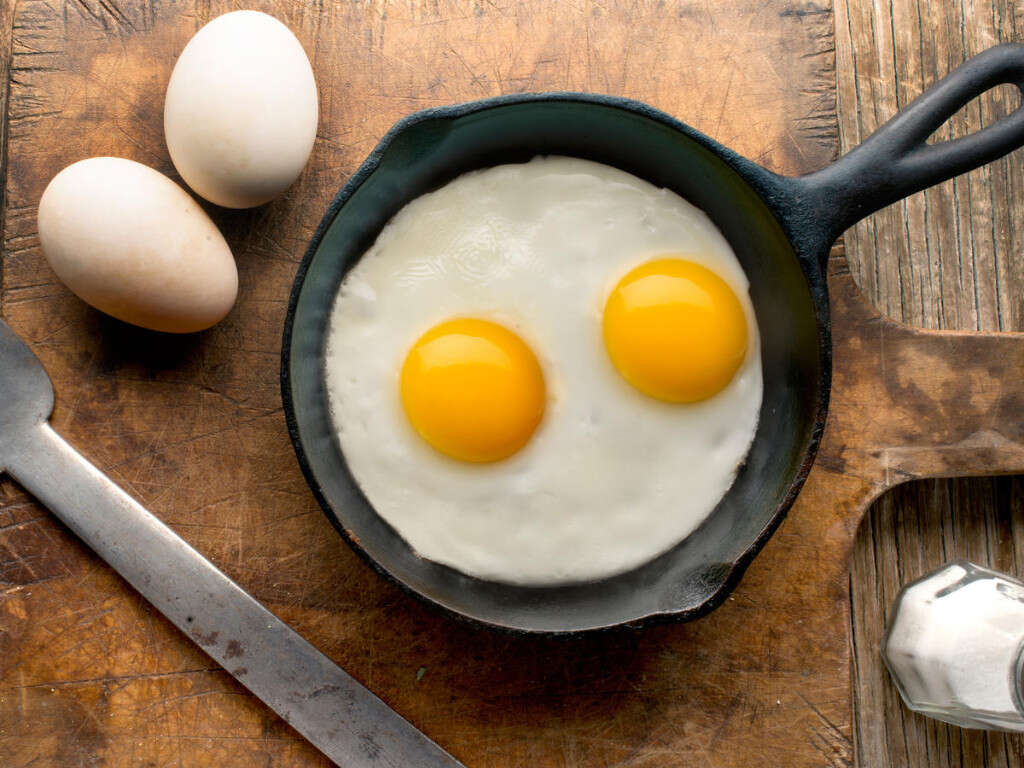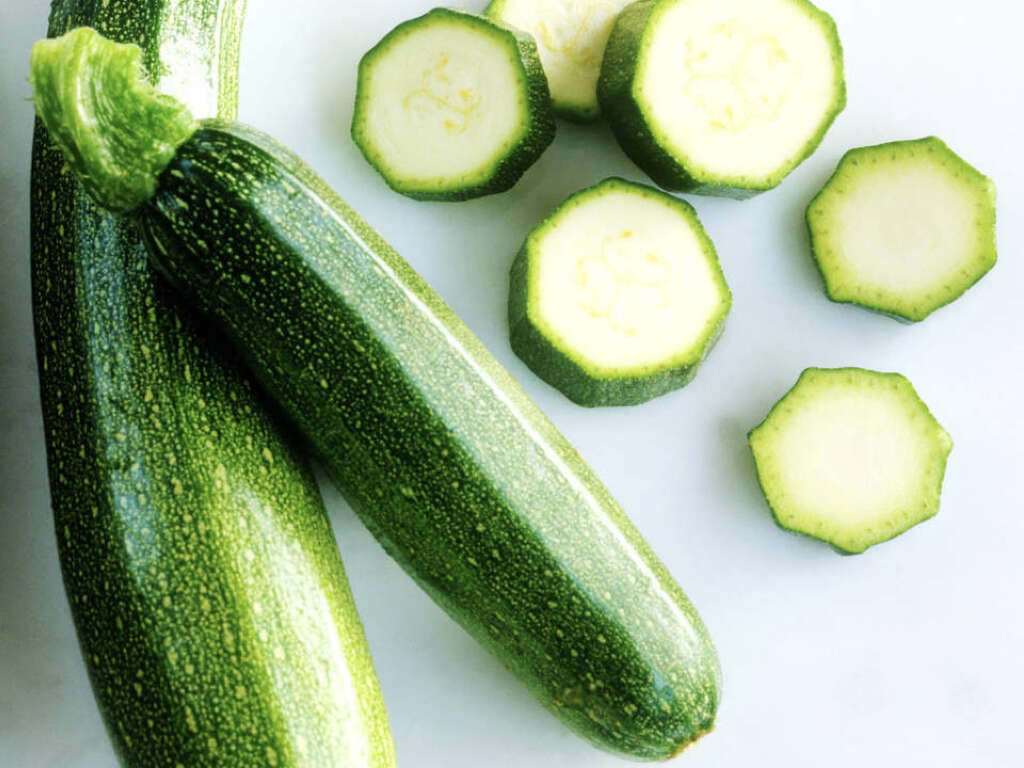Can You Freeze Eggs?
Eggs are just packed full of nutrition, particularly protein and calcium. They are used in many recipes from cakes to savories, and are also boiled, fried, and scrambled alone. They are popular all over the world and they are also very easy to prepare.
If, for whichever reason, you find yourself with too many eggs, you may be concerned about them perishing. You don’t have to worry too much though because you are able to freeze them, and they will last frozen for about a year. Here we have given you tips on the best way to go about freezing eggs.
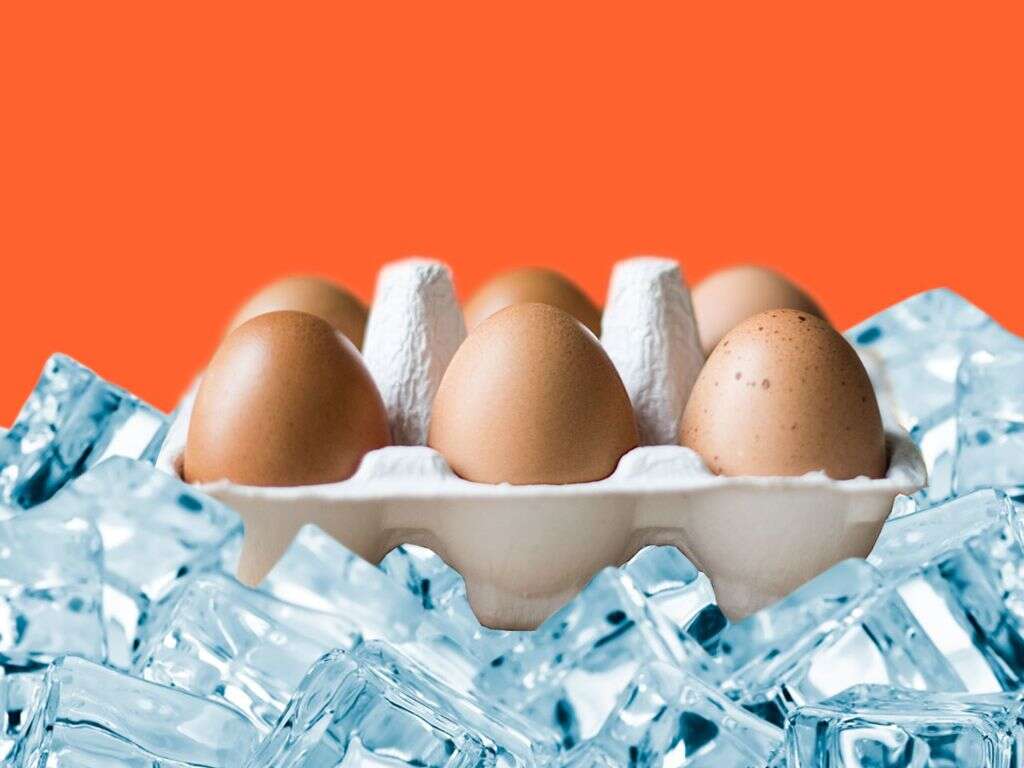
1. Remove From Shell
When freezing eggs, you might be tempted to just put them in as they come to make things easier, but this will be problematic. Fluids expand when they are frozen, and raw eggs are in fluid form, so they too will expand. This is a problem because they have a hard shell casing that will not expand, and this means that they will burst open. This would be very messy and will also mean you will have to throw the eggs away. For these reasons, you will need to remove them from their shell before freezing. We explain in further detail how to do this successfully.
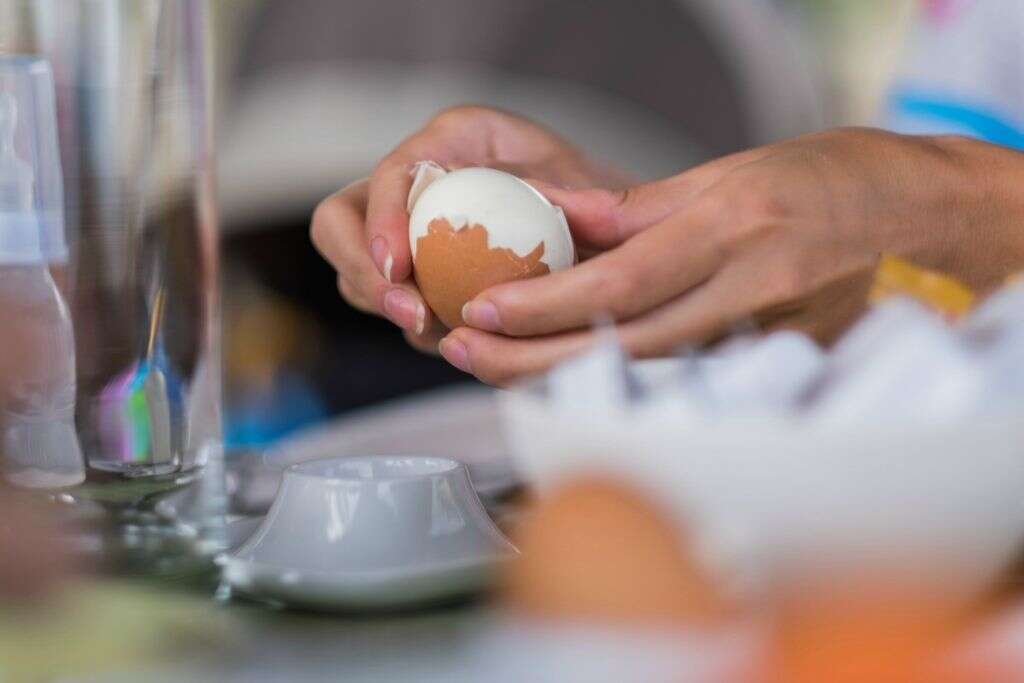
2. Blend
When we use eggs in cooking, we will usually blend the eggs and yolks together first. To make things easier, you can also do this in advance of freezing your eggs, meaning they are ready blended when it comes to using them. After blending, you can then freeze them in individual serving portions for more convenience later on.
You don’t have to blend them if you don’t want to. If you like, you can crack each into egg trays or onto a muffin tin or similar. Again, this gives you the added convenience of having your eggs already separated into individual portions.
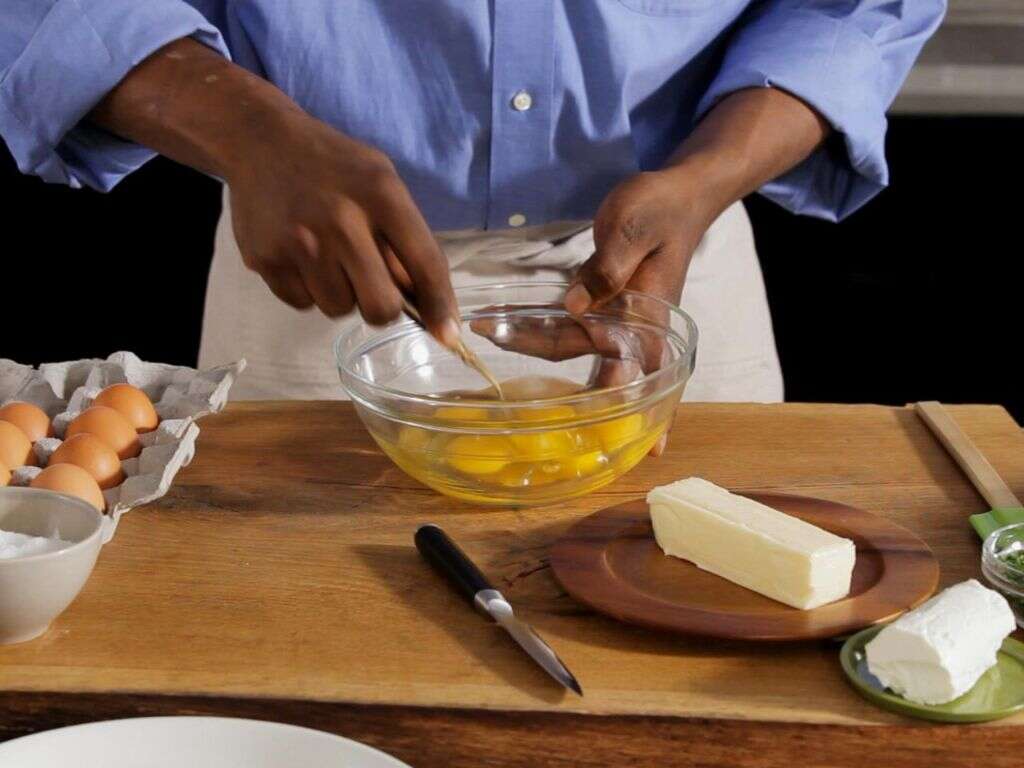
3. Whites
For the best results, you should separate the whites from the yolks before freezing your eggs. To do this, crack open an egg and pass the yolk from one half of the eggshell to the other. Make sure that you have a bowl underneath because the whites will fall down into the bowl, leaving the yolk behind.
With the whites separated from the yolks, you can then add the egg whites to ice cube trays or similar ready for freezing. When it comes to using them, you can just take as many cubes of egg white you need, leaving the rest for another day.

4. Yolks
Freezing egg yolks is not as straightforward as freezing egg whites. This is because egg yolks can take on a gel-like form due to the cold temperatures involved. This is avoidable though by mixing in salt or sugar with the yolks before you freeze them. If you are planning to use your eggs for sweet dishes, you should mix in some sugar before freezing.
If it is savory dishes you are planning on making, you should use salt instead. If you are unsure, you can mix some with salt and some with sugar so you have whatever you need readily available.
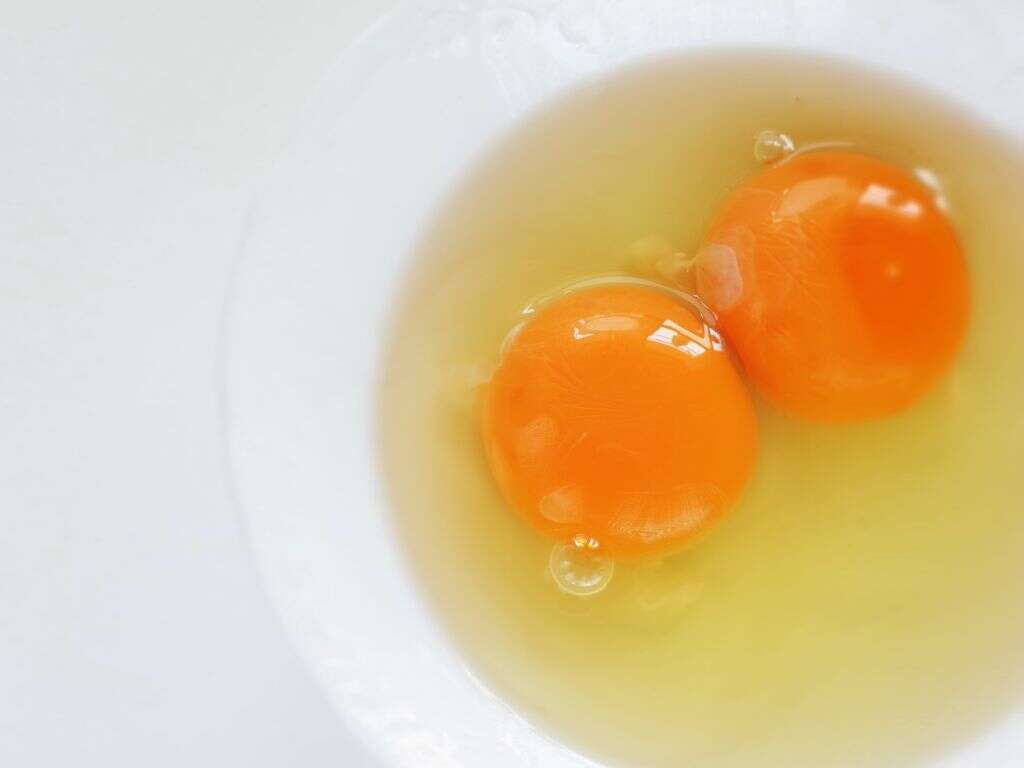
5. Freezer Container
Once your eggs are fully frozen, whether together, separated, individual, or otherwise, you will need to put them in a container for longer term storage in the freezer. Freezer bags are useful because they can help you keep the eggs sealed, and you should try and remove all air from the bags first. In addition to placing them into freezer bags, you should then place the bags into a container of sorts.
This will help to prevent the eggs from being crushed when in the freezer. It also helps to make the eggs easier to access when you need to use them.
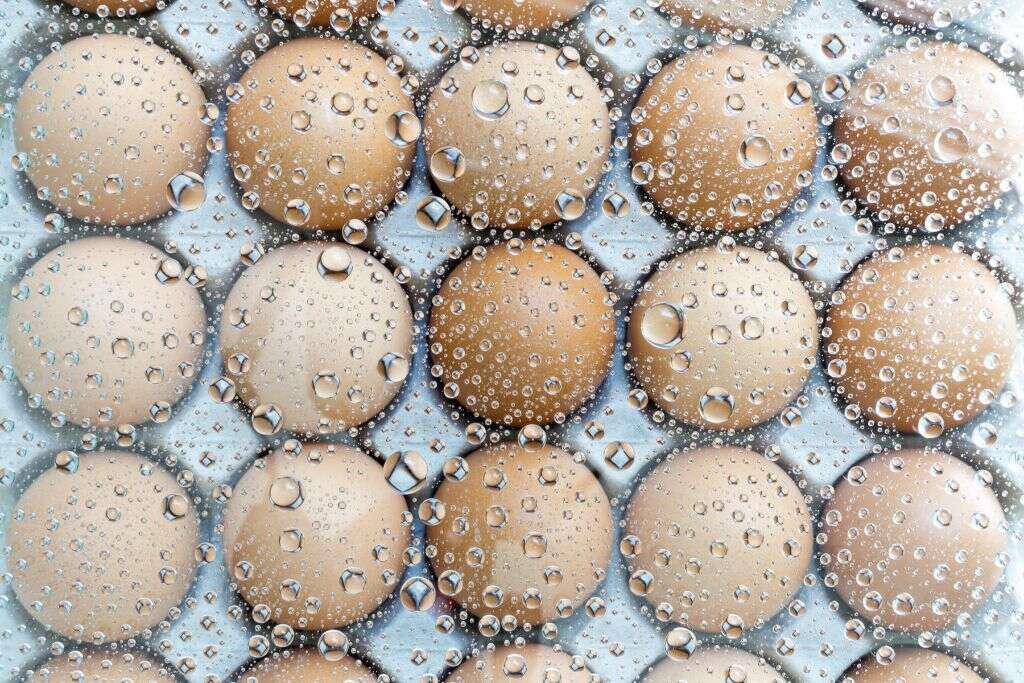
6. Ice Cube Trays
As already mentioned, ice cube trays are ideal for freezing eggs. For starters, it makes it so easy to prepare them; just pour them in and you are ready to put them in the freezer. In addition, it also means that you have serving sized portions ready to go. If you want to use egg yolks, for example, then one cube of frozen yolk will be roughly the equivalent of 2 egg yolks.
Ice cube trays also make it easy to get the yolks out. Just like when you are trying to get some ice, bend the tray and the cubes will pop up out from the tray.
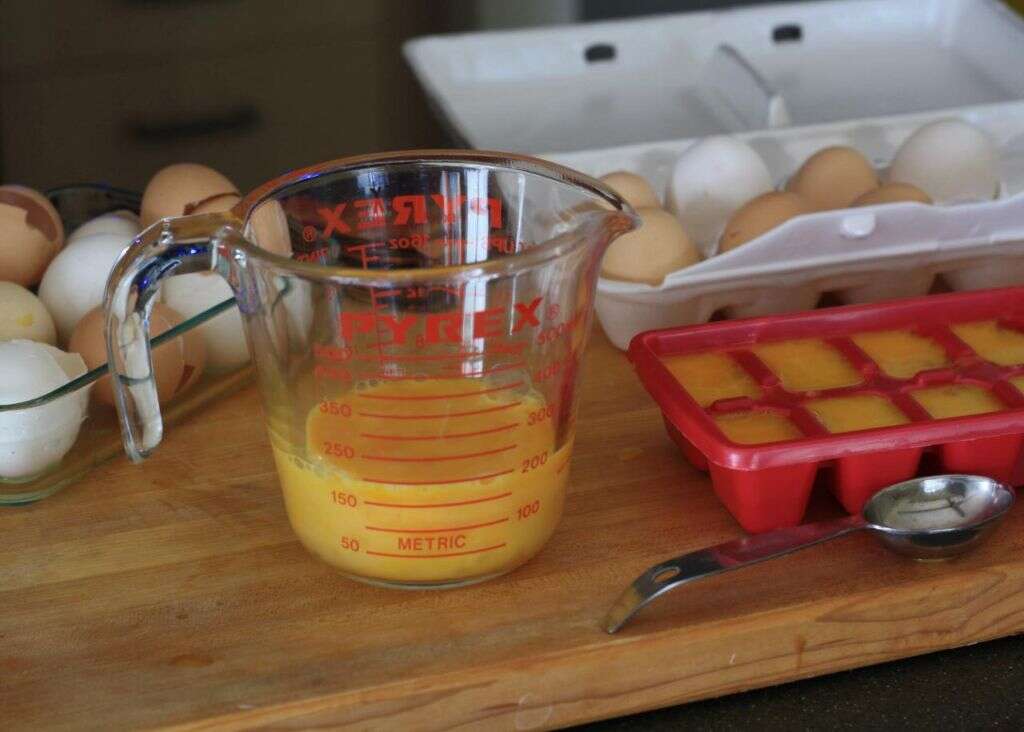
7. Hard-Boiled Yolks
If you so wish, you can also hard boil your yolks before freezing them. First, place the yolks in a saucepan and add enough water so that the water level is at least 1 inch above the tops of the yolks. Cover the pan and bring the water to the boil, then remove the pan from the heat.
Leave the yolks standing for around 12 minutes in the hot water. Remove the yolks and put them in a tray, thoroughly draining them first, and then place them in the freezer. Note that whole eggs do not freeze well after being hard-boiled, and that hard boiled yolks are suitable for garnishes or toppings.

8. Label
You don’t want to go to use your eggs at some point in the future and forget how long they have been in there for. Eggs last for about a year in the freezer, and it can be easy to forget details about them in that length of time. Overcome this by labelling them before you put them in.
Use labels and markers that are suitable for freezers, and make sure to label them with all relevant details. Label them with what they are and when they were refrigerated. When it comes to yolks, label them according to whether you mixed them with sugar or with salt.
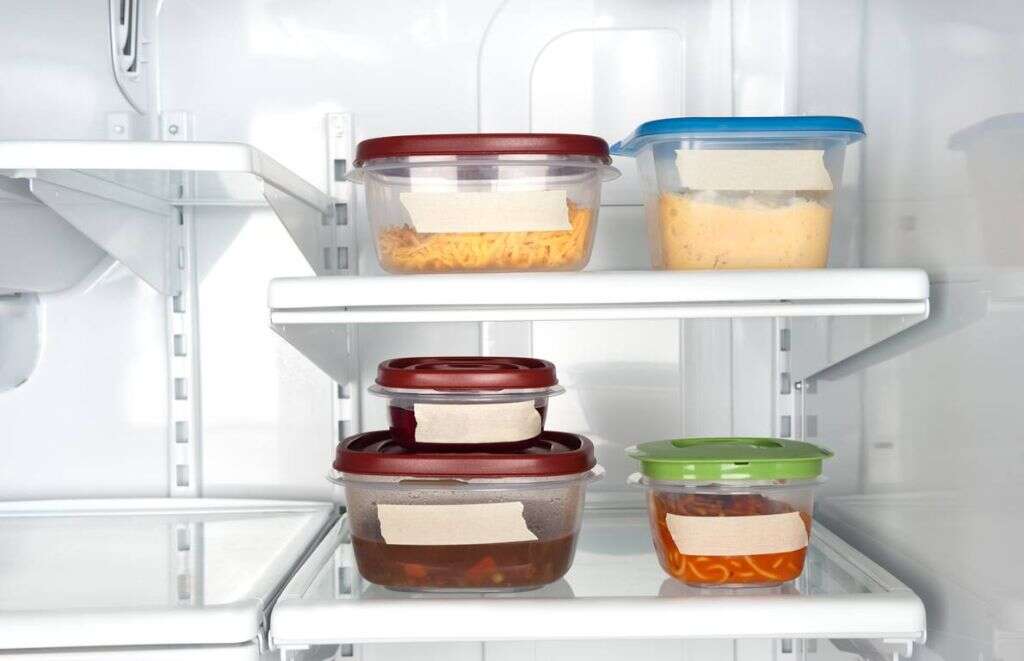
9. Thaw
When it comes to using your eggs, you might be tempted to just put them in the microwave. This will be quick and easy, after all. You should avoid doing this, however, because doing so can affect the quality of the eggs, perhaps even making them unusable. For the best results, you should leave your eggs overnight in the fridge.
This will obviously take more time, but it will help keep your eggs usable. If you have placed your eggs in a freezer bag, another method of thawing them out will be to place the bag under cold running water.

10. Use Immediately
It might be tempting to thaw your eggs in readiness for when you need them at some point in the future. However, doing this presents a risk of contamination and the eggs will also deteriorate in quality if left for too long. Instead, you should use your eggs as soon as possible once they have been thawed.
This will mean that you will need to plan properly when it comes to thawing them out. It is worth the extra effort, however, for best results and for safety. If you are planning on using them on a particular day, get the eggs out and put them in the fridge the day before.




